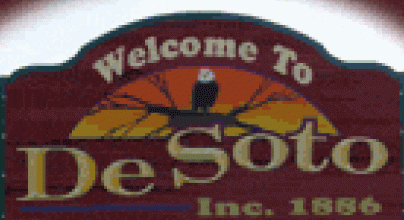
Go TO ===>
World Migratory Bird Day
De Soto Bird city designation
ten ways to help birds
De Soto – a great place for birding
Better for birds
Your garden – a bird sanctuary
birds and house cats
more bird information
World Migratory Bird Day
wisconsin birdathon
Funds from the Wisconsin Birdathon support:
- Conservation of endangered Kirtland’s Warblers, Whooping Cranes, and Piping Plovers
- Research, education, and habitat protection in Central and South America
- Monitoring of water birds
- Community engagement and habitat protection through Bird City Wisconsin
- The Wisconsin Breeding Bird Atlas II
The Great Wisconsin Birdathon has raised over $500,000 for Wisconsin’s birds since 2012.
De Soto 2023 WI Bird City Designation
Ten ways to help birds
We can make great strides to strengthen bird conservation when people take small but powerful actions to live out their bird conservation values.
read how to help birds and shape the future for birds.
De Soto – A great Place for Birding
Situated in the Great Lakes / Mississippi River Flyway with thousands of acres of prime habitat, the De Soto area is an outstanding place to enjoy all sorts of bird life.

The Bird City Wisconsin organization provides highly visible public recognition to municipalities that understand that healthy communities are the sum of many parts, including birds.
Bird City – De soto
Bird City wisconsin
Better for Birds

Supporting the establishment of natural lawns and native landscaping is a very important aspect of creating a bird friendly environment in any community.
Bird-friendly landscaping provides food, saves water, and fights climate change.
Your garden is your outdoor sanctuary. With some careful plant choices, it can be a haven for native birds as well. Landscaped with native species, your yard, patio, or balcony becomes a vital recharge station for birds passing through and a sanctuary for nesting and overwintering birds.
Each patch of restored native habitat is just that—a patch in the frayed fabric of the ecosystem in which it lies. By landscaping with native plants, we can turn a patchwork of green spaces into a quilt of restored habitat.
Your Garden is your bird sanctuary
More native plants mean more choices of food and shelter for native birds and other wildlife.
To survive, native birds need native plants and the insects that have co-evolved with them. Most landscaping plants available in nurseries are exotic species from other countries. Many are prized for qualities that make them poor food sources for native birds—like having leaves that are unpalatable to native insects and caterpillars. With 96 percent of all terrestrial bird species in North America feeding insects to their young, planting insect-proof exotic plants is like serving up plastic food. No insects? No birds.
Audubon Society – Plants for Birds Initiative
Wisconsin Bird Conservation Partnership

House cats and wild birds don’t mix
Caring for free-roaming house cats

more information
BirdLife International
Lansing, IA – Birding Guide
National Wildlife Foundation
Wisconsin Audubon society




